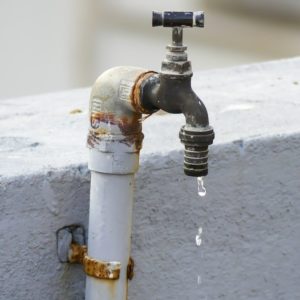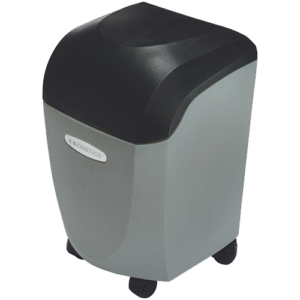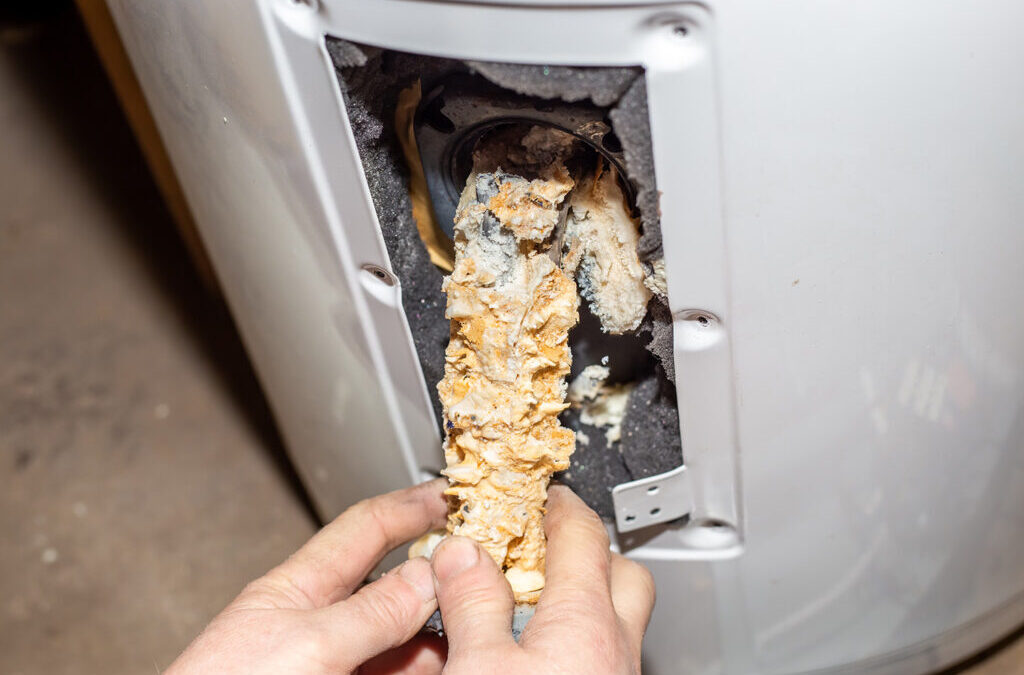
As you may already know, hard water contains a high concentration of minerals, especially calcium and magnesium. These minerals may not have any notable impact on your health, but are certainly not suitable for your home’s plumbing. High levels of minerals in the water, may potentially affect your ability to keep yourself and your home clean. This happens because soap doesn’t dissolve easily in hard water and hence, leaves filmy deposits causing itchy skin, dry hair, and more!
So, How Does Hard Water Affect Your Water Heater?
The excessive amount of minerals in hard water may cause trouble for all appliances that use water, as they leave behind sediment and limescale deposits. Here are a few signs:
May Affect Water Heater’s Performance
In a water heater, limescale buildups develop at a fast pace inside its water tank. This is because the heat in your tank increases the speed with which minerals dissolve into limescale. Over time, these buildups may block the heat from actually getting to the water inside the tank. Similarly, if your use a tankless water heater, these minerals can buildup in your plumbing lines and pipes, limiting the water flow, and hence may reduce the hot water pressure. In both of the above-mentioned situations, the efficiency and performance of your water heater will be seriously impaired and you may get cold water despite investing in a high-quality water heater.
Water Heater May Make Squealing Sounds
Do you hear a whining sound every time you run hot water? Regardless of your water heater quality, if there are sediment buildups in your pipes, your water heater may make strange noises. The sediment buildup inside the tank formulates an insulating layer inside the tank, because of which the heat present in the heat cannot escape outside, which consequently leads to overheating of the tank. When the hot water in the tanks heats up and expands, it pushes through the sediment to reach the tank’s top. This causes the sediment to move against the tank’s edges, creating a rumbling sound. You may also hear a popping sound when the steam bubbles are formed under the residue buildup.
Bottom-line

All in all, if you observe frequent fluctuations in water temperature, rising energy bills, a reduced supply of hot water, or some strange noises when the heater runs, then there’s a potential chance that there are sediment buildups in your heater which are negatively impacting its ability to maintain a consistent temperature, and eventually its energy efficiency. If you don’t want the buildup to get more severe, or sediment to start displacing the water in your heater’s water tank, causing a tank failure, try to pay attention to the issue and flush your tank periodically. However, it’s more important to resolve the root cause of the problem. We highly recommend you immediately reach out to water specialists near your home and schedule a water testing appointment. Whether you need safe Drinking Water Systems in CA or Whole House Water Filters, you can rely on our services. Contact our team to learn more about our water filtration and softening systems.


